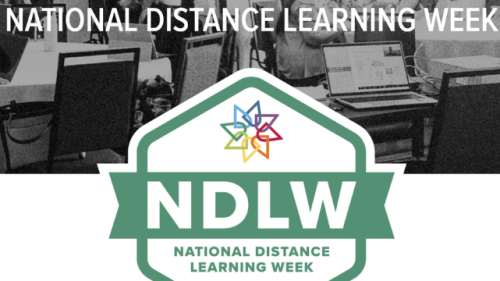The paths of those who have arrived in public administration careers are varied and sometimes unpredictable. Often, the professionals who serve the public best are the ones who never necessarily saw themselves fulfilling those roles to begin with.
Rather, they are people who identified specific needs in the community and realized the best way to help solve them was with the skills taught in a Master of Public Administration program.
For example: Meet Mark Clendenin.
Having worked in the private sector for many years, Clendenin eventually decided to transition into a public service position in Northeast Ohio. “I’ve always been kind of on the outside looking in,” he explains. “As I worked in that program, I fell in love with the public service sector. The more I worked there, the more I saw the opportunities to take a lot of what I’ve learned in private industry and apply it over top of what I can do in public sector.” Now, as a student in Kent State University’s online Master of Public Administration (MPA) program, he’s learning the greater meaning behind his public service and his social responsibility in that role.
“What we do in public administration, we’re servants,” Clendenin says. “My boss is really all of the residents of the State of Ohio, and I’ve got to do everything I can to make sure I provide the best possible service.”





